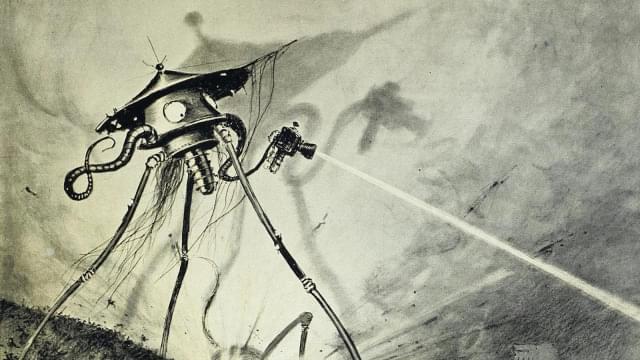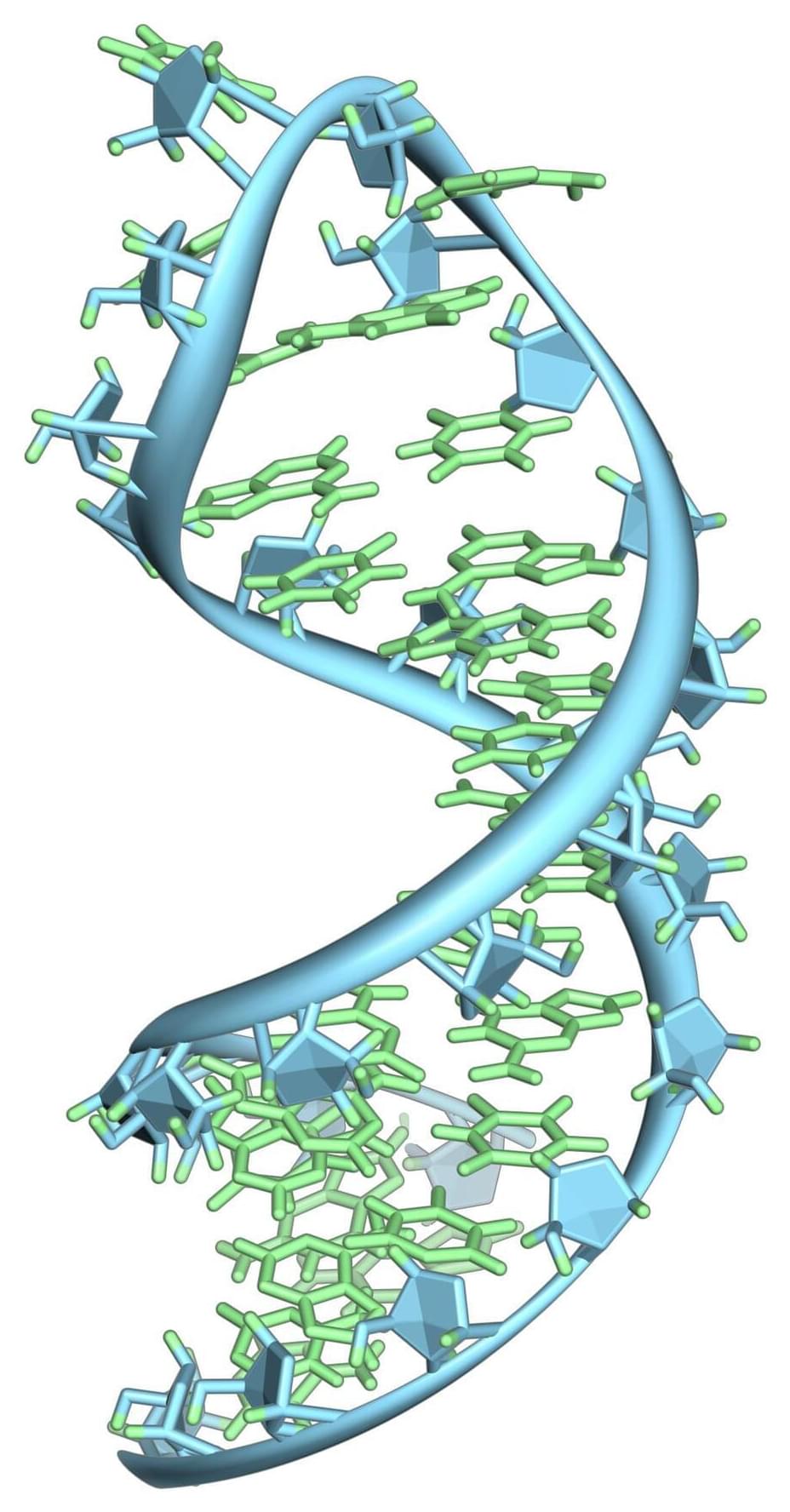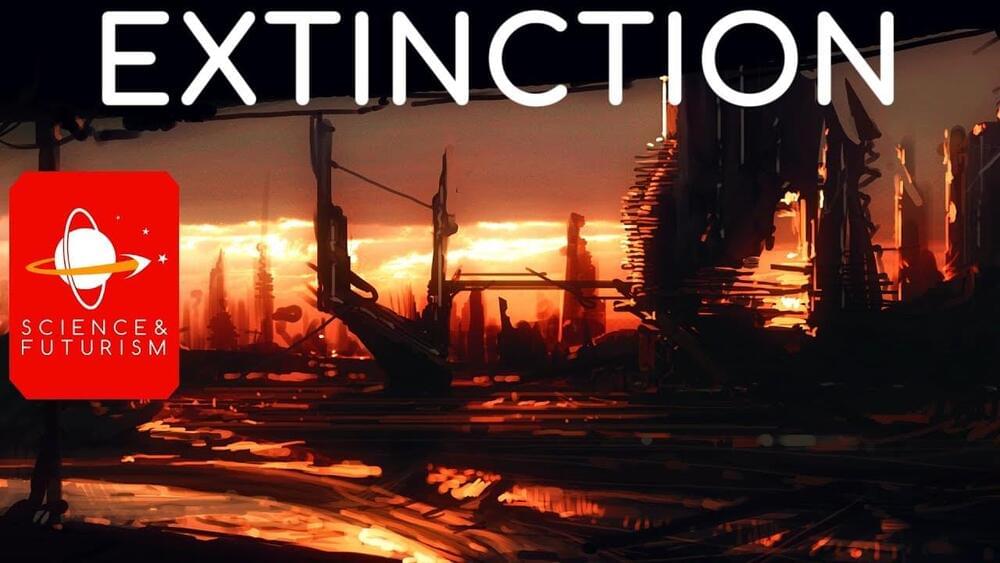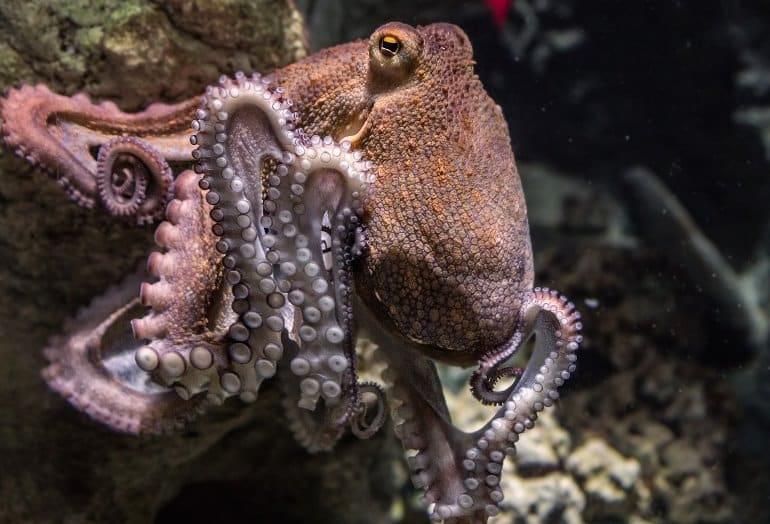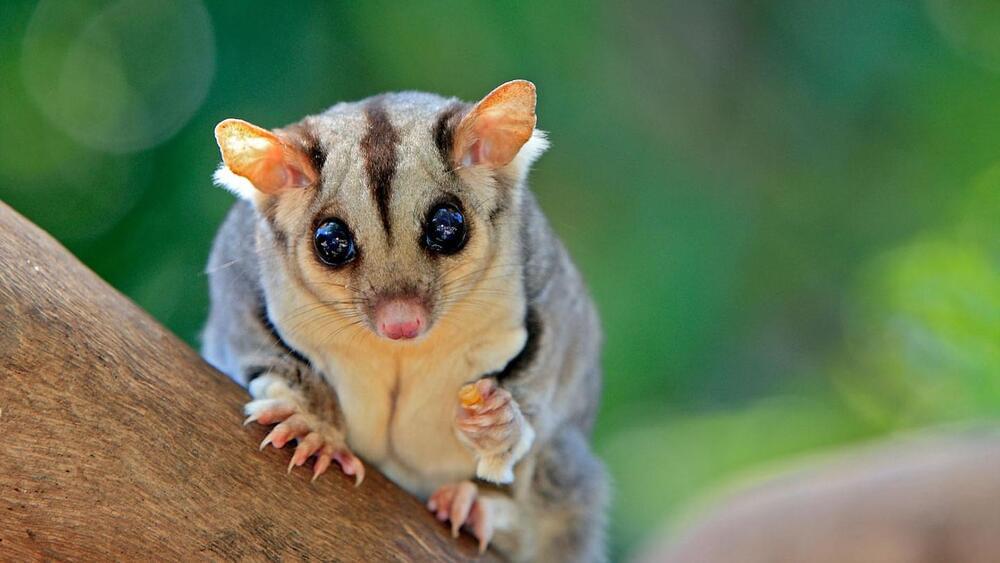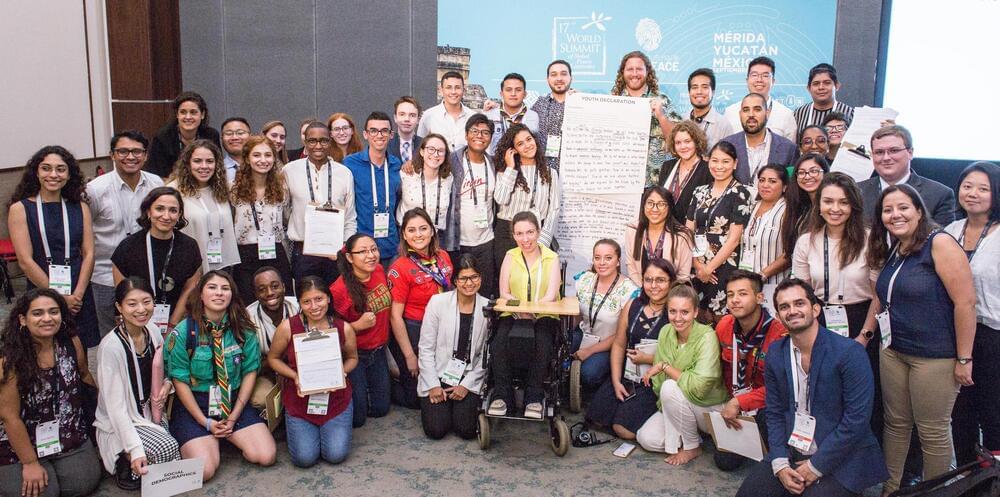
Recently, I learned about the World Nobel Peace Summit — fascinating. Young people can go there, mingle with Nobel Peace Laureates, network and share ideas.
Amma introduces the concept of two types of education: one that allows you to earn a living and another to attain a happy, fulfilled life. Modern education should focus on not just academic skills but a culture of human rights and peaceful coexistence of peoples, the ethics of non-violence. Too often, education is propelled by vanity and the desire for individual success. Over and over, it is just competition, pressure, and a vast amount of information pumped into one’s head without instilling the habit of exploring the future consequences of one’s actions. Imagine a good physics student who becomes a scientist just to invent a bomb that could destroy the whole world. We want a child to fulfill their potential — but stay aware of the outcomes of their choices at individual and societal levels. Ethics allows one to maintain this balance. As a society, we may want to establish ethical think tanks that simulate the future and guide us as we develop new technologies and community practices.
JB: Should the ways of peaceful coexistence be taught starting from pre-school age and reinforced over the years?
Continue reading “How Nobel Peace Laureates Inspire Youth To Believe In Themselves” »
